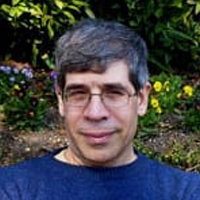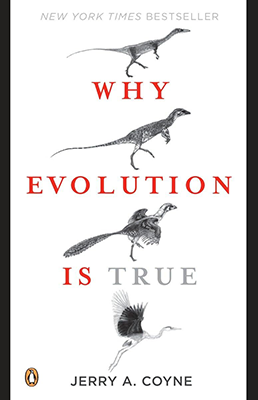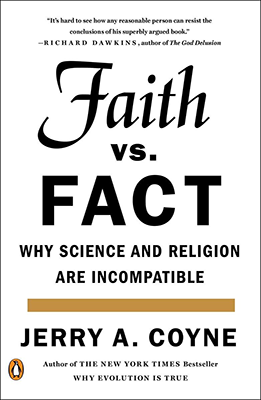
Jerry Coyne
Jerry Coyne is an evolutionary biologist, known for his research on speciation and his advocacy for atheism and skepticism. Here’s a brief biography of Jerry Coyne:
Early Life and Education:
Jerry Allen Coyne was born on December 30, 1949, in the United States. He obtained his B.S. in Biology from the College of William & Mary in 1971, and his Ph.D. in Evolutionary Biology from Harvard University in 1978. His doctoral research focused on the population genetics of hybrid zones in butterflies.
Career:
After completing his Ph.D., Coyne held a postdoctoral position at The University of California, Davis, where he continued his research on speciation. He then joined the faculty at The University of Chicago in 1986, where he is currently a professor emeritus in the Department of Ecology and Evolution. Throughout his career, Coyne has published numerous scientific papers and has become well-regarded for his work on understanding the mechanisms of speciation and evolutionary genetics.
Publications:
Jerry Coyne is also known for his popular writings on science, evolution, and atheism. His notable books include:
– “Speciation” (2004, with H. Allen Orr), a comprehensive text on the process of speciation.
– “Why Evolution is True” (2009), a book aimed at presenting the evidence for evolution to a general audience.
– “Faith vs. Fact: Why Science and Religion Are Incompatible” (2015), where he argues for the incompatibility of science and religion from an evolutionary perspective.
Advocacy:
Coyne is a prominent advocate for atheism, secularism, and scientific skepticism. He maintains a popular blog called “Why Evolution is True,” where he discusses evolutionary biology, critiques pseudoscience, and debates issues related to science and religion.
Overall, Jerry Coyne is recognized both for his contributions to evolutionary biology and for his role as a public intellectual engaging in debates about science, religion, and rationalism. His work continues to influence both scientific thought and public discourse on these important issues.


